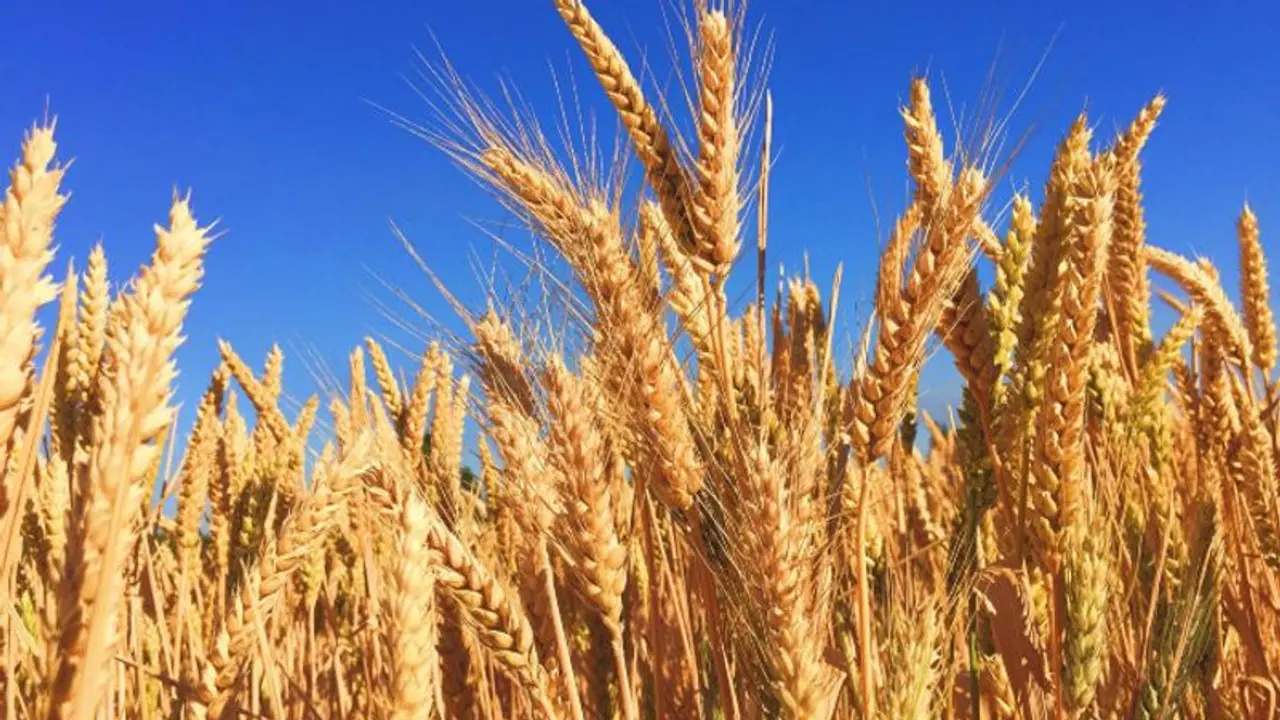The world's second biggest grains producer harvested 106.84 million tonnes of wheat in 2022, slightly higher than the previous estimate of 106.41 million tonnes, the government said in its latest estimate released by the farm ministry.
According to the government, India has enough wheat to feed its population, contradicting a Bloomberg report that said that grain imports may be necessary due to output cuts, rising prices, and a heatwave.

"There is no such plan to import wheat into India. Country has sufficient stocks to meet our domestic requirements and @FCI_India (Food Corporation of India) has enough stock for pubic distribution," the Department of Food and Public Distribution posted on Twitter in response to the report.
Also Read | India bans wheat export with immediate effect to control inflation
On Wednesday, India revised its estimate of wheat production upwards despite other forecasters and merchants revising downward their output estimates due to the heat wave. According to the government's most recent estimate made public by the agricultural ministry, the second-largest producer of grains in the world collected 106.84 million tonnes of wheat in 2022, a little increase over the previous prediction of 106.41 million tonnes.
The Foreign Agricultural Service of the U.S. Department of Agriculture estimates India's production at 99 million tonnes, but merchants believe the heatwave may have caused output to drop as low as 95 million tonnes.
On Wednesday, local wheat prices surged to a record high of Rs 24,309 a tonne. With the government's unexpected export embargo on May 14 ending hopes that India might replace the market gap created by missing grain from Ukraine, that was up nearly 15% from previous lows.
Also Read | India dispatches first consignment of 2500MT of wheat assistance to Afghanistan
The largest winter crop in India is wheat, which is planted in October and November and harvested in March and April. Concerns have also been raised concerning its rice output, which may provide the next obstacle to the world's food supply.
